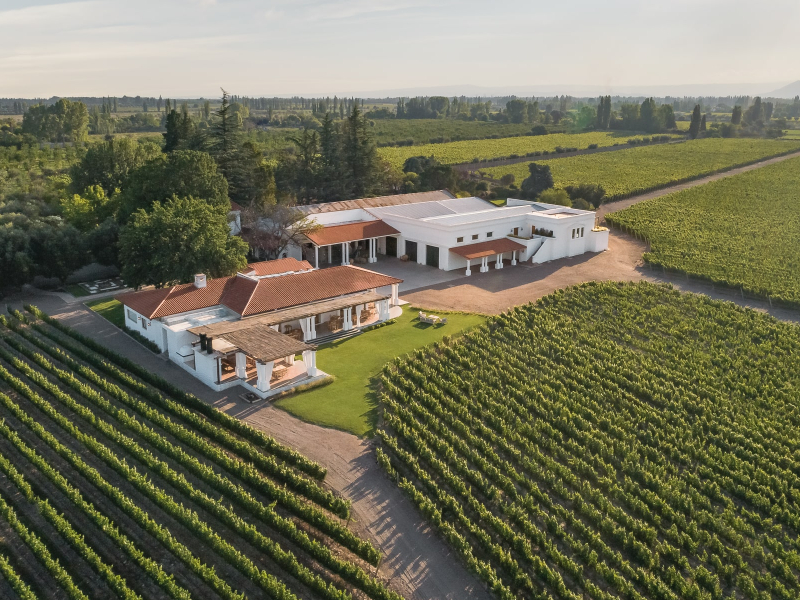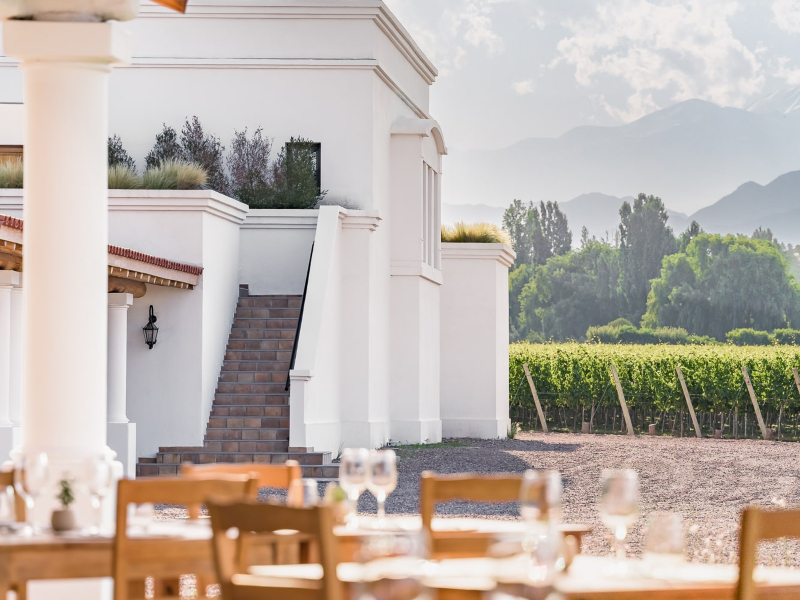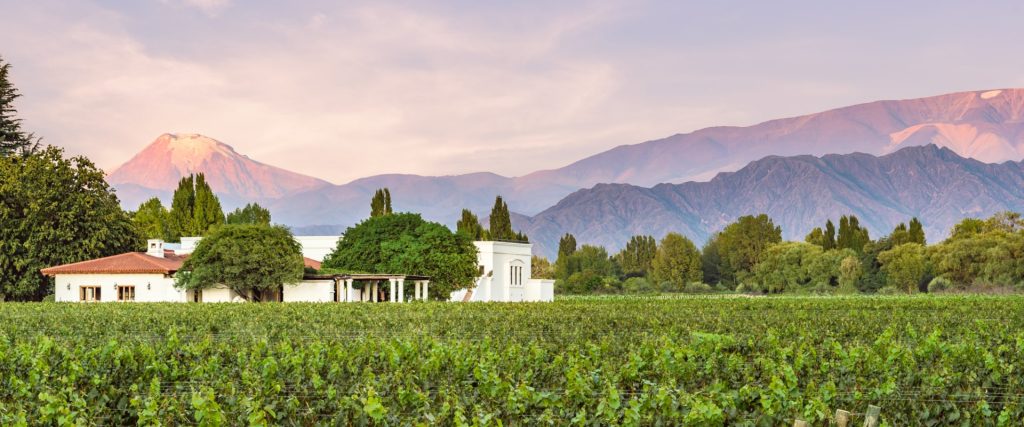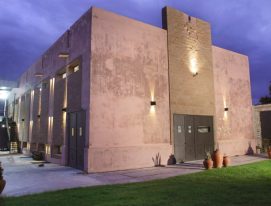With a history that dates back to 1888 but forever evolving to be on top of latest trends, Bodega Nieto Senetiner – who produce the lines Nieto Senetiner, Patrimonial, Benjamín, Emilia, Fran and Don Nicanor – stand out for their comprehensive focus on sustainability and social responsibility. Through Jimena Castañeda, the agricultural engineer at the company, the winery has announced its deep commitment to regenerating the soil, reducing the use of pesticides and strengthening the communities that are home to their facilities and vineyards.

Bodega Nieto Senetiner has moved into producing organic wines through their Don Nicanor brand, using organic grapes from external producers to meet more aware and better informed consumers’ increasing demands, as Jimena puts it, and moreover to improve the wines generally. “We want to dispel the stereotype of organic wines, whose reputation has been tarnished in the past, they weren’t generally seen as very good. I don’t think that’s true any more, there are some excellent, very good quality organic wines.
Sometimes people use the term to cover other defects, and that’s not the idea.” Although they’re currently undergoing a process of transition, Jimena explains, “We have five vineyards and are about to be certified under the Bodegas de Argentinas Protocol, something a lot of wineries are doing. The idea is to do it this year at the Ruca Malén vineyard and next to certify the vineyards that produce the other Nieto Senetiner wines.”
For Bodega Nieto Senetiner, who have always been based in the area of Vistalba, Luján de Cuyo, sustainability isn’t just an environmental concept, it’s sustained on four fundamental pillars: ethics and business transparency, economic development, the health and wellbeing of the community, and community development. Each of these pillars is an essential part of a positive, lasting impact.
Bodega Nieto Senetiner by nature

One of the areas in which Nieto Senetiner is demonstrating their commitment to the environment is in the field of soil regeneration, a growing trend across the world. As part of its modern perspective, Bodega Nieto Senetiner sees the soil as a living organism. In that regard, Jimena says, they have implemented practices such as vegetable coverage to conserve the microbiota and microfauna of the soil in recognition of its vital importance to the quality of the end product.
Reducing the use of pesticides is another area where significant advances are being made. Through training and good agricultural practices, they are guiding their 120 producers toward reducing the use of chemicals and implementing more sustainable techniques. They have also begun monitoring and rigorous analysis to ensure the quality and purity of the raw material. In addition, the winery’s adherence to the Programa Agro Limpio (Iscamen) for recycling of plastic agrichemical containers and donations to Conin, are further evidence of the winery’s commitment to responsible production.
The use of drip irrigation systems to preserve water is a key means of managing a scarce resource, especially in Mendoza. Jimena explains that GRIs (Global Report Initiative) at the winery and the vineyards are valuable tools that allow them to monitor monthly water consumption, fuel consumption and kilowatts, generating concrete information about energy use throughout the production chain.
Ties with the community

In the communities where they operate, Bodega Nieto Senetiner has become deeply involved in educational and support programs. At the Agrelo vineyard, a school was founded for the children of workers, demonstrating firm commitment to education and the development of local communities.
Bodega Nieto Senetiner, aware of the importance of the health and wellbeing of their workers, also works with the Fundación Perez Companc to provide support to teachers and hold talks on the health and food issues that concern the employees and their families. In addition, Jimena says, “we have a program of school scholarships for children so they can continue to study. We’ve worked with Proyectos de Vida to help workers and their partners make their dreams and desires a reality: building their own house for example.
The company is very involved in that, we work in a context where people are perhaps more vulnerable, for instance the workers at the vineyard, who live a long way from the city, and so try to offer more education and greater infrastructure. In terms of society, I think it’s important that we keep looking beyond our gates, toward our local community.”



